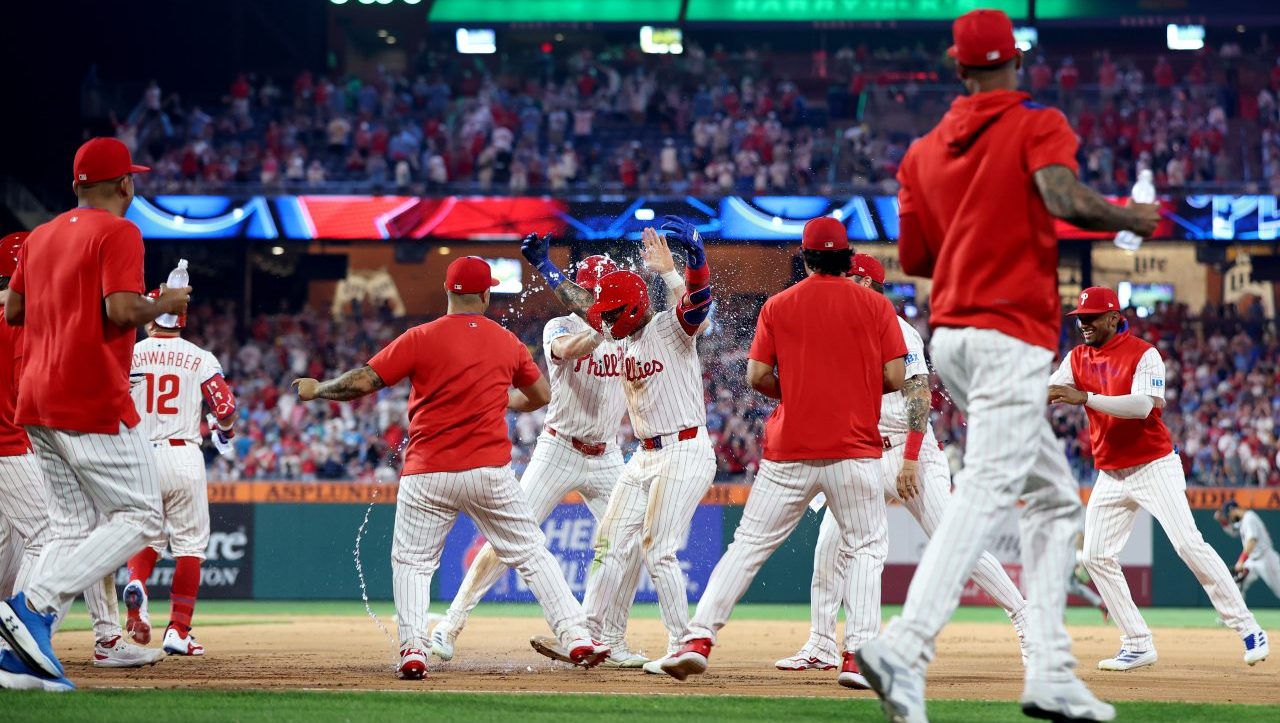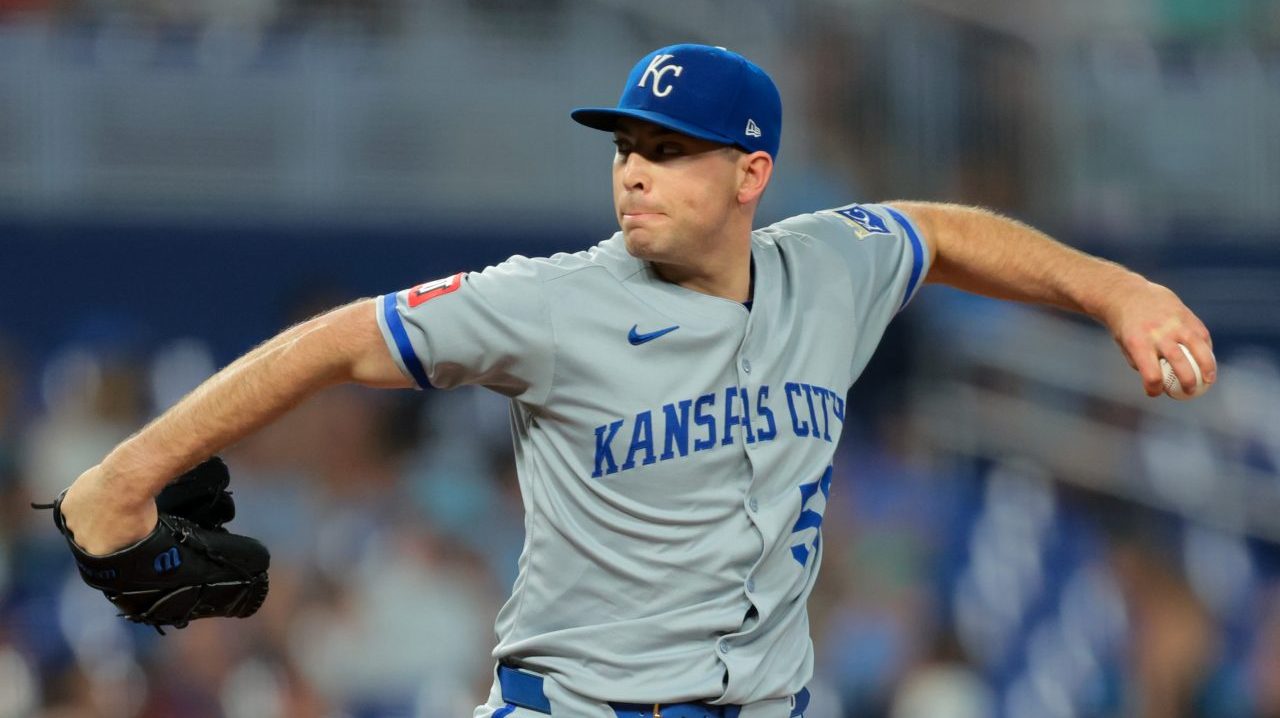BOSTON — You may have heard the Red Sox starting pitchers do not have a strong track record in October. No one on staff has a win credited to them as a starter in their playoff career.
The question is what past Octobers mean this postseason, if anything. David Price and Rick Porcello have been at this a while. Must be a bunch of big-game chokers, right?
Price, with a 5.03 ERA in October, said he has never been scared to pitch in his life.
“Hell no. Hell no,” Price said Tuesday. “No chance. No chance. Never have been. Never will be. If I’m ever scared to pitch in a baseball game, I’ll retire.”
The easiest thing to do is equate a failure in the postseason to some sort of lack of mental fortitude, to weakness.
Probably, in some cases, that’s true. But turning to that assumption, to a belief that someone lacks mental fortitude is, well, weak, without evidence beyond merely statistics — particularly in a sport where sample sizes cause havoc.
Boston Red Sox
Find the latest Boston Red Sox news, highlights, analysis and more with NBC Sports Boston.
Porcello has a 5.47 ERA in 24 2/3 innings in the postseason. Four of Porcello’s 11 October outings have come as a starter, the rest in relief. He’s allowed just three home runs.
Joe Kelly has the same number of playoff starts lifetime as Porcello.
“Let me tell you something,” Porcello said. “If I go out there and I lose a postseason game, I don’t give a [expletive] what anybody says or thinks. I know I’m not weak.
“But for anybody that feels the same way that I feel about myself, you prepare, you put yourself in a position to do whatever you can do and you go out there and you [expletive] hang your [expletive] on the line, between the lines, and sometimes it works in your favor and sometimes it doesn’t.
“And you judge yourself by all that leading up to that performance, and you hang your hat on the results. The [talk of whether one is] weak, and trying to figure out the mental capacity of players, that’s for spectators. That’s for the fans and for you guys to decide. We know the guys in that clubhouse that have a [expletive] spine. And you as an individual know if you have it or not.”
What is it, exactly, that people think causes Price to melt? The lefty has been bitten by home runs in October, 12 in 73 1/3 innings.
Is it big games? Big games against particular teams? Postseason outings? Postseason relief outings only?
To Price, there are no shortage of moments that could be considered “big games” in a given season.
The Red Sox’ scheduled Game 2 starter mentioned rivalry games and those against division leaders. He noted pitching to end a losing streak, and games as the regular season winds down in August and September. Opening Day, too.
“I think the view of a big game kind of varies differently by who you ask,” Price said. “I definitely think games in September, and obviously games in October, are the biggest of the big games.”
And he has struggled in those overall. But he’s right, that other games are considered “big” games.
He didn’t even mention tiebreaker regular season games. He tossed a complete game in Game No. 163 with the Rays in 2013, giving them the Wild Card.
So not every “big game” makes Price melt. If you believe he is weak, what do you think is the tipping point? Spell out your theory, and you’ll run into a wall.
If it’s the postseason, it becomes difficult to explain how he threw 6 2/3 shutout innings in relief against the Astros in last year’s ALDS. He said he did not think he was successful then only because he was pitching in relief.
Price also said he doesn’t feel differently in the time leading up to those big games.
“No. Honestly,” Price said. “Some games, you’re probably going to be more amped up for other games. I think that’s just common nature for everybody. I mean, I’ve got butterflies before every game. I’ve got butterflies before I pitch in spring training games. I got butterflies in spring training before I pitch on a backfield against our Low-A team. You know?
“I care about what I do, so, you know, I have nerves. I mean that’s completely normal. It’s human. I’m not comparing myself to Tiger Woods or anybody of his greatness. I mean I remember hearing him say it last year, asking him whenever he came back, ‘Do you have butterflies?’ His exact words were ‘Of course, I have butterflies, because I care about what I do.’ That’s something I’ve said for a long time. I feel like that’s completely normal, that’s natural.”
Price said, too, that he doesn’t find himself overthinking for big games.
“Honestly, I mean, I really haven’t,” Price said. “I feel like for the most part in my playoff career it’s been a big inning. Just that one inning I couldn’t stop the bleeding and I really put a damper on that game. If I could take that inning away or that one pitch, things are completely different.
“And that’s something I feel like I need to do a better job at. … Take it by pitch by pitch. I know how much emphasis is put on every single pitch in the playoffs, as it should be. And you know it’s just something I feel like I need to do a better job at. Just focusing on in every single pitch, and just don’t worry about the last pitch. Don’t think about setting up the next pitch, just staying in the moment and go out there and have fun with it.”
To this end, Price acknowledged he could have done better in the past. But he made clear he’s never been on the mound with his head in the clouds.
“Just focus in on every pitch,” Price said. “I don’t feel like I’ve lost focus in playoff games or not had 100 percent intent on every pitch that I’ve thrown, ‘cause you know I don’t throw at 90 percent. I’m always out there throwing at 100 percent.”
Asked generally about the idea he can’t pitch in a big game, Price referred to a line he’s offered many times before.
“If you don’t like it, pitch better. Period,” Price said. “I know my ability. Just go out there and do it. Once I do it once, you gotta do it again. You gotta do it again.”
Talent usually wins out in baseball — over time. Pitchers go through bad stretches, often and invariably, aside from some really rare birds. The postseason doesn’t change the nature of the sport.
"I’ve had games where I’ve thrown the ball well, I’ve had games in the postseason where it hasn’t been as crisp as I’d like,” Porcello said. “There’s nothing different about that than what I’ve seen in the regular season. What’s different about it is the exposure and the atmosphere. You get that big adrenaline rush and you have to find ways to weather that.
“But I guess that is the biggest difference, is there’s — the guy that can get through all of the nerves, all of the noise, all the crowd, all that stuff and just focus on the same thing that you focus on the regular season and that’s executing a pitch or putting a good swing on a ball in the zone and you’re looking for it. That’s who does it better, that’s a result of it.
“The postseason, it’s one and done. You get a shot, and then if you don’t get it done, you’re basically looking at next year, hopefully create another opportunity to get a shot for yourself and for your team. That’s it.”
A pitcher may make 35 starts in a season. One at the end of the year may be all that people remember.
"You’re accurate in saying you can go out there and have a bad game in the postseason or not pitch well, and it doesn’t define you,” Porcello said. “It’s just, there’s circumstances, there’s scenarios, there’s all these different factors come into play. It’s a one-shot deal. As a starting pitcher, you get your one chance. If you don’t capitalize on it, back to the drawing board. Go back, play a long season next year just to get back to that one game again.”


